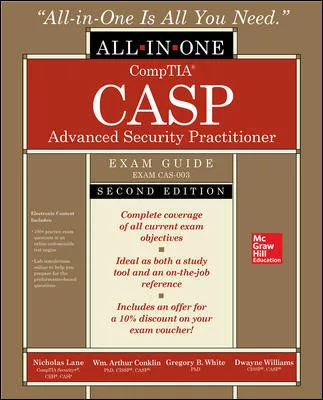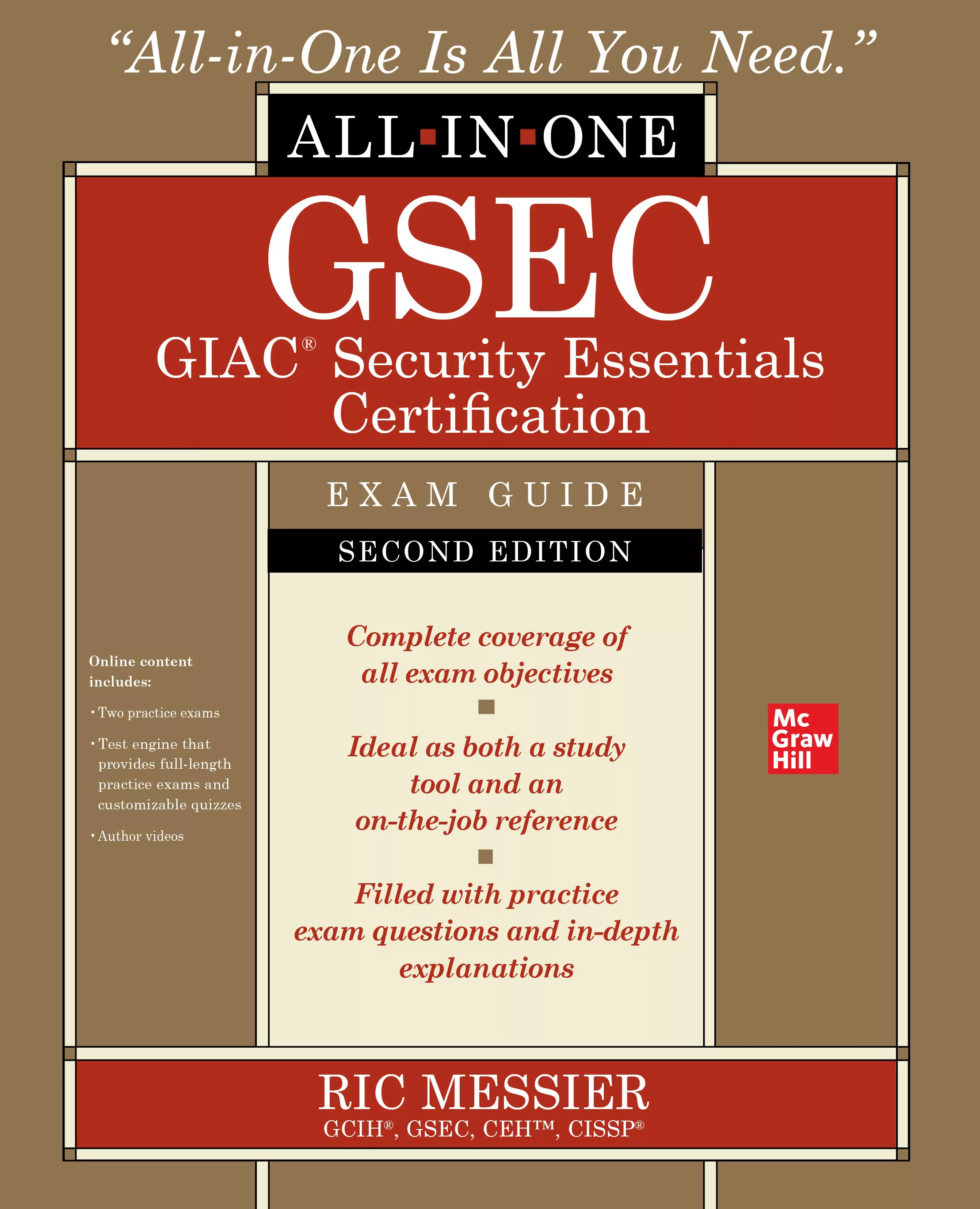One-fifth of Americans Report a Workplace That is Hostile or Threatening
A study by Rand Corporation has found that one in five workers say they face a hostile or threatening environment at work, which can include sexual harassment and bullying.
The study found:
- Workers who have to face customers endure a disproportionate share of abuse.
- Nearly 55 percent say they face “unpleasant and potentially hazardous” conditions.
- Nearly three quarters say they spend at least a fourth of their time on the job in “intense or repetitive physical” labor.
Younger and prime-aged women are the workers most likely to experience unwanted sexual attention, while younger men are more likely to experience verbal abuse.
More than one-in-four American workers say they have too little time to do their job, with the complaint being most common among white-collar workers. In addition, workers say the intensity of work frequently spills over into their personal lives, with about one-half of people reporting that they perform some work in their free time in order to meet workplace demands.
Researchers say that while 8 in 10 American workers report having steady and predictable work throughout the year, just 54 percent report working the same number of hours on a day-to-day basis. One in three workers say they have no control over their schedule. Despite much public attention focused on the growth of telecommuting, 78 percent of workers report they must be present at their workplace during regular business hours.
Nearly three-fourths of American workers report either intense or repetitive physical exertion on the job at least a quarter of the time. While workers without a college education report greater physical demands, many college-educated and older workers are affected as well.
Jobs interfere with family and social commitments outside of work, particuarly for younger workers who don't have a college degree. More than one in four reports a poor fit between their work hours and their social and family commitments.
The report also provides insights about how preferences change among workers as they become older.
Older workers are more likely to value the ability to control how they do their work and setting the pace of their work, as well as less physically demanding jobs. Older workers are also generally less likely than younger workers to have some degree of mismatch between their desired and actual working conditions.
Support for the The American Working Conditions Survey was provided by the Alfred P. Sloan Foundation and the Social Security Administration through the Michigan Retirement Research Center,
“I was surprised how taxing the workplace appears to be, both for less-educated and for more-educated workers,” said lead author Nicole Maestas, an associate professor at Harvard Medical School and an adjunct economist at RAND. “Work is taxing at the office and it's taxing when it spills out of the workplace into people's family lives.”
Looking for a reprint of this article?
From high-res PDFs to custom plaques, order your copy today!






